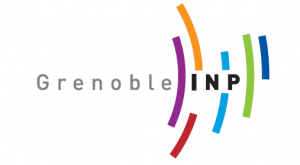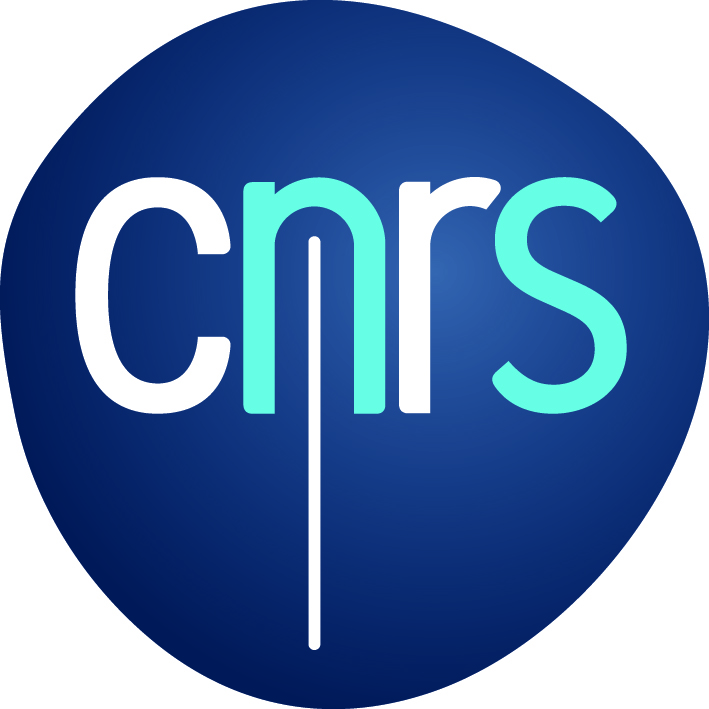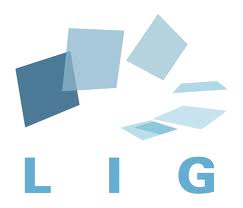Cette année notre conférence fêtera ses 30 ans d’existence à Autrans dans le massif du Vercors, à quelques kilomètres de son lieu de naissance, le massif de Chartreuse (BDA 1985).
Cette conférence marquera encore plus les changements radicaux à l’œuvre dans notre domaine : hyper-massification des données, diversification des supports de calcul (de la carte à puce jusqu’au nuage), renouveau des usages (Web, réseaux sociaux, Internet des objets, capteurs personnels, …). En particulier, cette édition sera l’occasion de réfléchir sur l’évolution de notre activité de recherche. Nous inviterons également des chercheurs d’autres disciplines traitant de grands volumes d’information afin d’esquisser ensemble les futurs systèmes de gestion, d’analyse et de visualisation de données massives.
Reprenant les éléments innovants de l’édition précédente, le programme comportera deux conférences invitées, des tables rondes, des articles originaux, des présentations d’articles internationaux, des démonstrations de prototypes, des présentations de “doctorant-e-s” et une séance “réseautage” pour monter des partenariats, s’attaquer à un problème difficile, ou présenter des offres/recherches de postes.
A l’occasion de cet anniversaire, les conditions de soumission sont modifiées : retour des actes
avec numérotation ISBN et indexation, afin de donner plus de visibilité à des travaux originaux ; possibilité de présenter des papiers déjà acceptés dans une grande conférence internationale, pour en faire profiter la communauté (cette catégorie de papiers sera limitée en nombre) ; possibilité de double soumission, mais sans double publication (voir la partie Soumission du site pour plus d’information).





